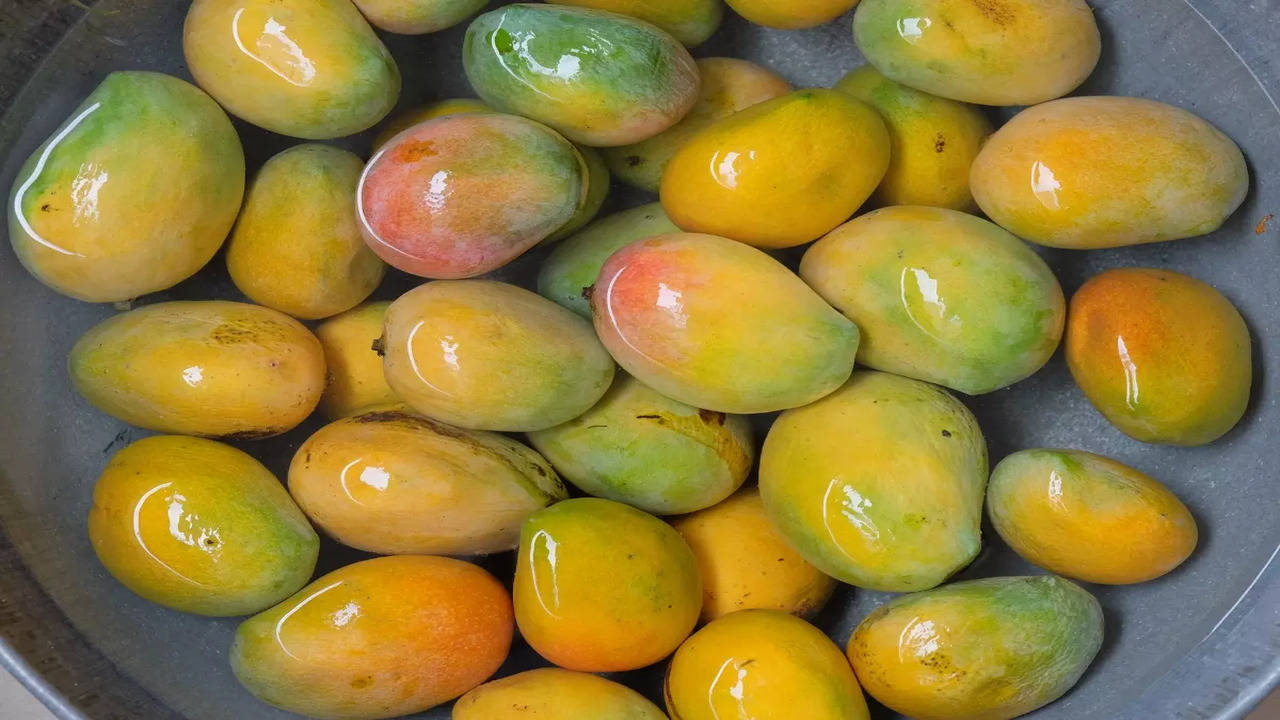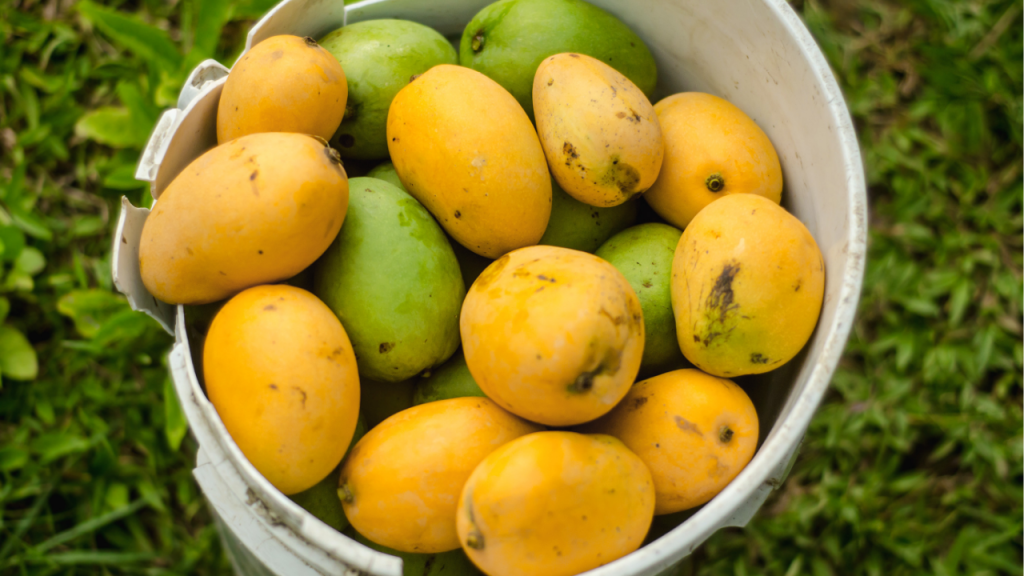Mangoes are the highlight of every Indian summer, but the rush to bring them to market often leads to unsafe ripening practices. The most common culprit is calcium carbide, a chemical banned by the Food Safety and Standards Authority of India (FSSAI) due to its serious health risks. Here’s how you can protect yourself and your family, with a special focus on the most reliable home method—the bucket test.
What Is Calcium Carbide and Why Is It Harmful?
Calcium carbide (CaC₂), sometimes called “masala” in the fruit trade, is used to artificially ripen mangoes by releasing acetylene gas when it comes into contact with moisture. Unlike natural ethylene, acetylene from calcium carbide often contains dangerous impurities like arsenic and phosphorus hydride, which can cause neurological issues, stomach problems, respiratory distress, and even increase cancer risk over time.
The Bucket Test: Your Best Home Method
How to Do the Bucket Test:
- Fill a bucket with clean water.
- Place your mangoes gently into the water.
- Observe:
- Naturally ripened mangoes tend to sink.
- Chemically ripened mangoes (especially those exposed to carbide) often float due to trapped gases inside the fruit caused by artificial ripening.
This simple test works because the gases produced during artificial ripening can make the mango less dense, causing it to float. While not foolproof, it’s the most practical and accessible method for most households.

Additional Signs to Spot Artificially Ripened Mangoes
While the bucket test is your go-to, you can strengthen your assessment by combining a few quick checks:
- Look and Feel: Naturally ripened mangoes show a gradual, uniform color change and may have some green patches. Overly shiny, waxy, or patchy yellow mangoes could be artificially ripened.
- Smell: A sweet, fruity aroma near the stem is a good sign. Chemically ripened mangoes may have little to no fragrance or a faint chemical smell.
- Touch: Press gently near the stem. Naturally ripened mangoes should feel firm yet slightly soft. If the fruit is too hard or overly mushy, be cautious.
- Taste: If you taste bitterness or experience a burning sensation, especially on the tongue, it could be a sign of chemical exposure.
Why This Matters
Consuming mangoes ripened with calcium carbide can lead to headaches, dizziness, stomach pain, diarrhea, and long-term health issues. The chemical also reduces the fruit’s nutritional value, stripping away essential vitamins and antioxidants.
This mango season, don’t let unsafe ripening practices spoil your enjoyment. Use the bucket test as your first line of defense, and combine it with quick checks for color, aroma, and texture. Always buy from trusted sources and wash mangoes thoroughly before eating.
Stay safe, eat fresh, and share this guide to help others enjoy mangoes the natural way!

